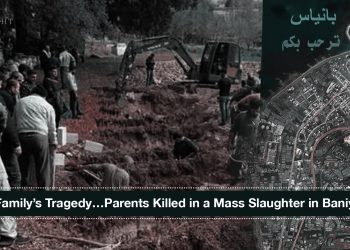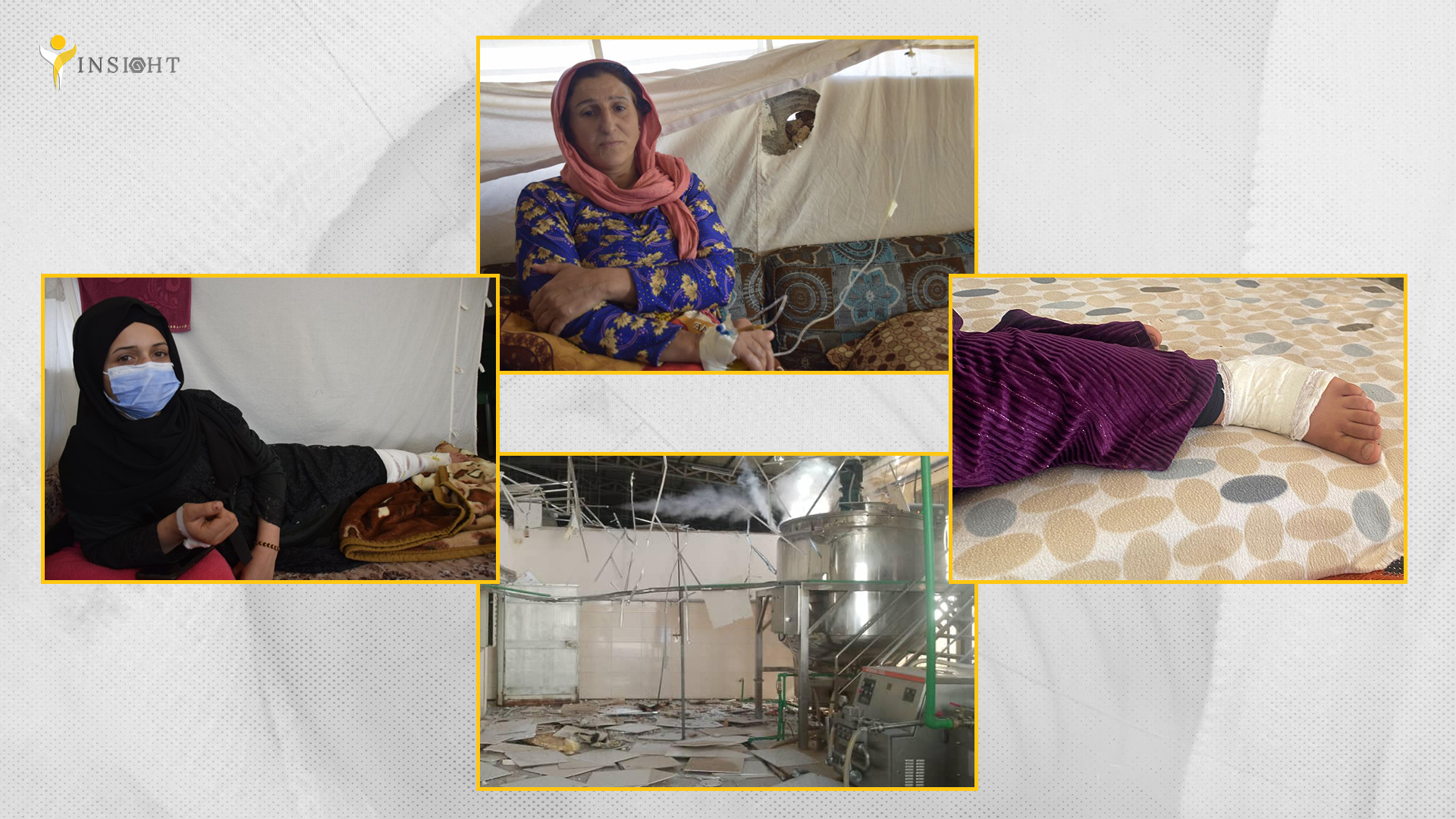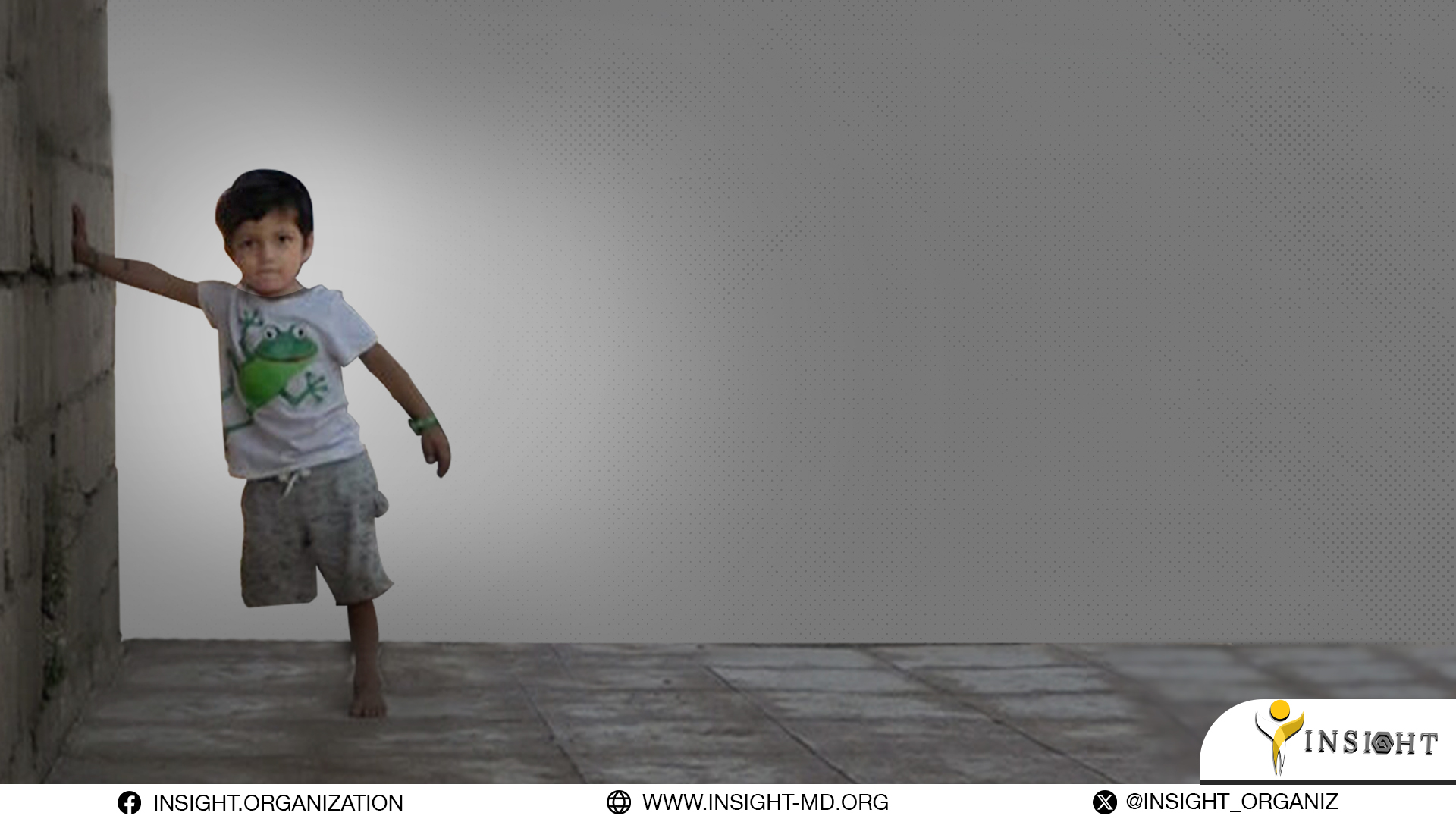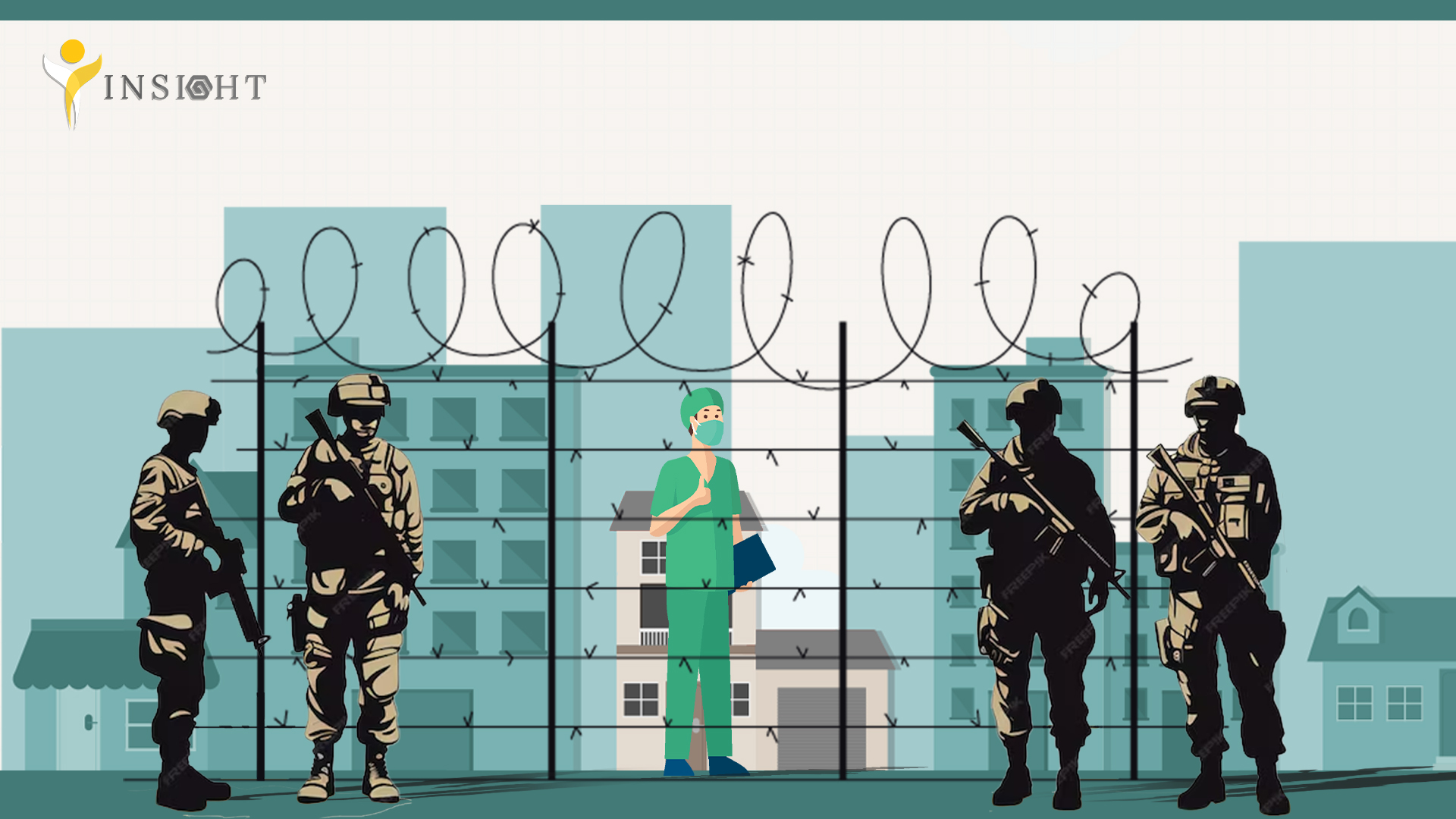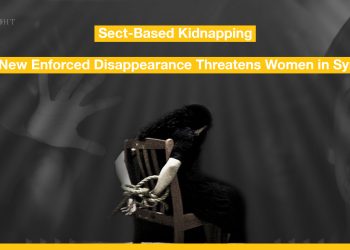“They burnt our houses” …the Impact of Seizure and Destruction of ‘Sere Kaniye’ Houses on its Owners
This case study presents an example of violations of home ownership rights in Ras al-Ayn/Sere Kaniyeh, north Syria. It discusses responsibility for the plight of the displaced Khalil Ahmed, whose family members used to live safely in their house in Sere Kaniye before 2019. They experienced many difficulties due to the absence of means of return and accountability for those who took over their home.
Is there any way for Khalil to get his house back? Who is responsible for providing him the support?
Forced Eviction
Khalil Ahmed (pseudonym), 41 years old, still know nothing about his house, which was seized by a Turkish-backed “National Army” militant after the family fled shelling and battles during the Turkish military operation “Peace Spring”, in 2019.
Khalil says he and his family spent five days under the shelling on Sere Kaniye, and did not intend to leave his home, but the next day he left with his family members after confirming that they became in the Turkish shell range.
In 2019, Turkey’s military operation caused a mass exodus of 200 thousand people from Sere Kaniye and Tal Abyad/Gire Spi to temporary shelters, camps or rented houses in al Jazira region (Qamishli and Hasakah) and Raqqa, some of them migrated abroad.
Khalil adds that the artilleries destroyed houses and streets in the city, and that regardless of the lack of emergency aid such as food and medicine, it was not possible to find any safe spot for families.
“When we left, I saw on ‘Mashrafa’’s checkpoint the bodies of two civilians on the side of the road, whose clothes and ‘thobe’(men’s clothes), indicated that they were Arab and Kurd”, said Khalil.
He continues with sadness: “there were so many dead bodies, but there was no one to pick them up, I saw dogs eating one”.
Turkey’s extreme shelling caused forced evictions of families who did not find security in the houses they had built according to the number of family members and the needs of children, the elderly and the disabled.
After five years of displacement in Hasakah’s countryside, Khalil and other displaced people live in homes and tents that lack basic services such as clean water, electricity and sanitation and are deprived of a decent and dignified life.
Meanwhile, those who seized the houses remained in ir, and there is no possibility of them being held accountable or demanding them to restitute the houses owners’ rights, as long as the Turkish authorities support their violations and prevent them from being held accountable.
Article 17 of the Universal Declaration of Human Rights stipulates that “No one shall be arbitrarily deprived of his property”.
Article 147 of Geneva Convention stipulate that “extensive destruction and appropriation of property, not justified by military necessity and carried out unlawfully and wantonly.”
The Memory Stopped
Khalil wishes to see a photo of his house, but all those whom he communicated with fear of taking a photo of it, as this will cause them to be caught or to be retaliate by the gunmen.
Thanks to this era techniques of communication and sharing photos and information, Syrian families are able to communicate with their refugee children around the world. Whereas Sere Kaniye displaced people are unable to know anything about their home and land due to massive violations threatening their return or the inquiry about the status of their property.
Following the invasion, “National Army” factions attacked displaced people’s houses in order to steal the stuff in them or retaliate against the owners, as these gunmen consider this action as part of battles against Kurds and those accused of dealing with Autonomous Administration or the SDF.
“they burnt many houses, including my brother’s and mine”, said Khalil.
The family had registered their home in official government services, but the documents remained in their house, which is now inhabited by the family of one of “National Army” gunmen.
Khalil recalls the details of his house and compares it to the houses he lived in after the displacement. He had three spacious rooms and full furniture, most of which were looted and burnt by the gunmen.
Khalil tries to know the latest conditions of the city and his house from his neighbors, who remained there. However, he does not succeed in knowing much information because of the fear the militants have spread among people.
Khlail said: “my neighbor’s house overlooks mine, I ask him to only take one picture of my house, but he tells me that taking the picture might cost him his life”.
Selling and Distributing
Khalil learned from other residents who remained in the neighborhood or returned to it back from the countryside, that the gunmen had written on the outside wall of his house: “house for the ‘Eastern Army’ or ‘Jaysh al-Sharqiya’ faction.”
The faction members did not accept to leave the house for money, nor to sell it, on the pretext that it was for a Kurdish family and according to them “Kurdish money is permitted”, according to what the owner heard from the witnesses, who saw the writing.
Turkey’s policies of demographic change and emptying the city of its original inhabitants, especially those whom were relied on for business and services, contradict the International Covenant on Economic, Social and Cultural Rights.
Article 2 of the International Covenant on Economic, Social and Cultural Rights stipulate that ” The States Parties to the present Covenant undertake to guarantee that the rights enunciated in the present Covenant will be exercised without discrimination of any kind as to race, color, sex, language, religion, political or other opinion, national or social origin, property, birth or other status”.
Article 33 of Geneva Convention stipulate that “No protected person may be punished for an offence he or she has not personally committed”
Khalil said: “at that time, we thought it would be temporary battles and we would return to our houses once they stop fighting, no one thought of taking with him the property documents, identity cards or even the family book”.
After a period of burning the house, a member of the “Jaysh al-Sharqiya” faction housed his mother and sisters in it, and housed his wife and sons in Khalil’s brother’s house in the same neighborhood.
Some people may have been able to identify the gunmen who took over their houses and where they come from, but Khalil says that those who took over his house, “nobody knows their real identities, they just look like gangs.”
Several homes of a large family in his neighborhood were initially divided by gunmen as rations and their contents were auctioned.
” furniture and electrical equipment were sold for less than quarter of their real price and to whoever.”
Khalil believes that the gunmen “probably burnt down and destroyed all the property documents, I was and am ready to pay for the documents that were in my house, but that is not possible.”


